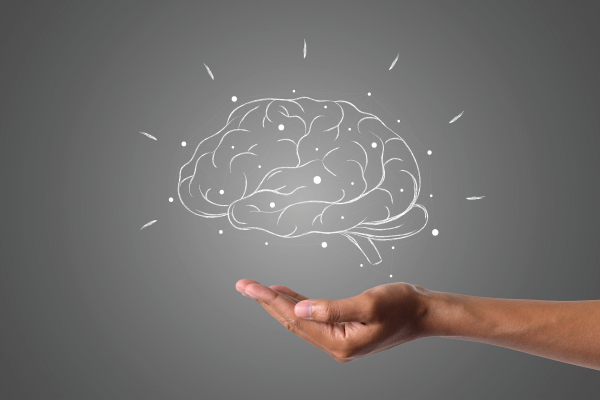
Wait…what was his name again? It is right there, on the tip of your tongue. You can picture his face, recall the movie he starred in, and even remember the color of his shirt in that one scene – but the name? Gone. Moments like this were rare. Yet, day by day, they happen more often. People may chalk it up to an exceptional situation or getting old. However, digital devices might be the reason for this phenomenon. In an ever-more digitalized world, there is no need to memorize information. Whether it is a phone number, a path to a particular location, or scheduled meetings, a digital device keeps all the necessary information. Hence, our brain does not have to remember the information, but simply keeps track of how to retrieve the information. Unfortunately, as we scroll, swipe, and stream our way through life, our brains may be paying the price. This creeping cognitive decline, especially among younger people, has a name: digital dementia.
The concept of digital dementia was first proposed by German neuroscientist Manfred Spitzer. In his book Digital Dementia, Dr. Spitzer discusses the cognitive decline associated with the overuse of digital devices and the internet. He warns that growing dependence on digital devices starts to mirror the symptoms of early-onset dementia. Manfred Spitzer was especially interested in the young generation exposed to digital devices throughout their entire life. As he studied the relationship between screen usage and brain functions in children, he discovered a clear correlation to a decline in cognitive skills. Screen overuse certainly impacts attention, memory, and reasoning, which are crucial cognitive skills. Just as physical inactivity weakens the body, mental inactivity weakens the brain.

At the core of this issue lies the phenomenon called memory outsourcing. This is when people rely on other sources to store memory. For instance, people often save phone numbers on their phones rather than memorize them. It is not just phone numbers, but it could expand to navigating a road and remembering a schedule. Memory outsourcing using mobile devices has spread so widely and deeply into modern lifestyles that it has become the new normal. People no longer remember the days when they memorized phone numbers, traveled with a physical map, and wrote appointments themselves. However, practicing memory outsourcing reduces brain engagement in the active processing and storage of information. Neurologically, this has significant implications. As Dr. Manfred Spitzer argues, excessive dependence on digital devices reduces the brain’s natural engagement in tasks like memory, learning, and attention, leading to diminished memory performance over time.
Memory outsourcing is not the only concern with digital usage. The structure of digital interaction promotes fragmented attention and multitasking. Notification popups, quick-scrolling interfaces, and simultaneous use of multiple apps hinder concentration and deep cognitive work. The overflow of information in a short amount of time also makes the brain skim through information rather than thoroughly process information. All this together weakens the transition of knowledge from short-term to long-term memory.
Digital dementia does not appear overnight. It often begins with subtle changes – moments of forgetfulness, difficulty focusing, or persistent mental fatigue. Common symptoms are as follows: (1) you mostly use messenger apps or email to talk with people (2) people often tell you that you repeat the same story (3) you memorize less than five phone numbers (4) you cannot recall what you ate the day before; aside from signing documents, you rarely write by hand (5) you sometimes forget your home phone number.
This list is simply an item for self-assessment and not a full diagnosis.
Some experts, including Dr. Spitzer, emphasize the importance of moderation. They advise reducing unnecessary screen time and building habits that encourage organizing and memorizing information. A simple digital detox – even just a few hours a day – can be a meaningful first step in reclaiming our attention and protecting our minds.
Ultimately, digital dementia is not an inevitable consequence but a warning sign. It reminds us that while technology offers convenience, it should not replace the natural functions of the human brain. Just as we exercise our bodies to stay healthy, we must also train and protect our minds.


